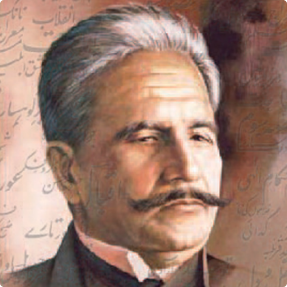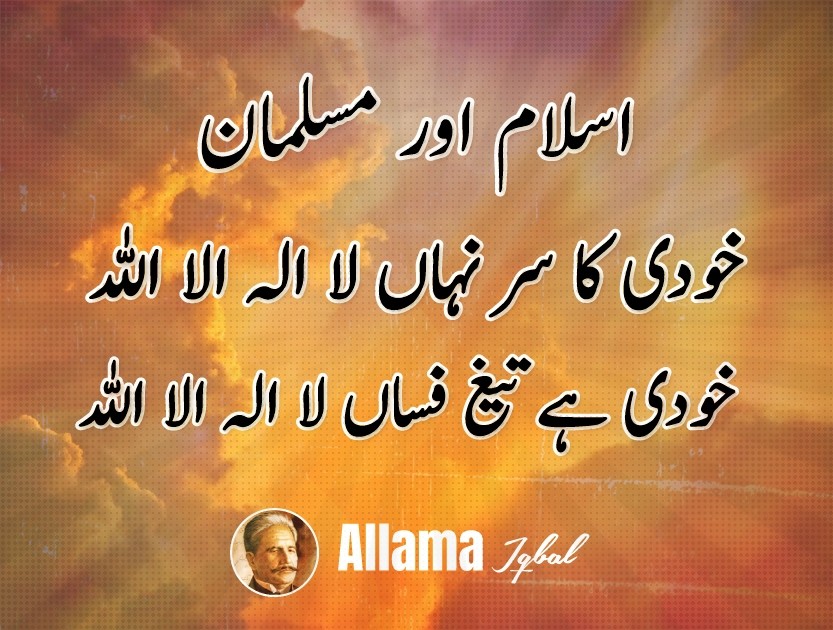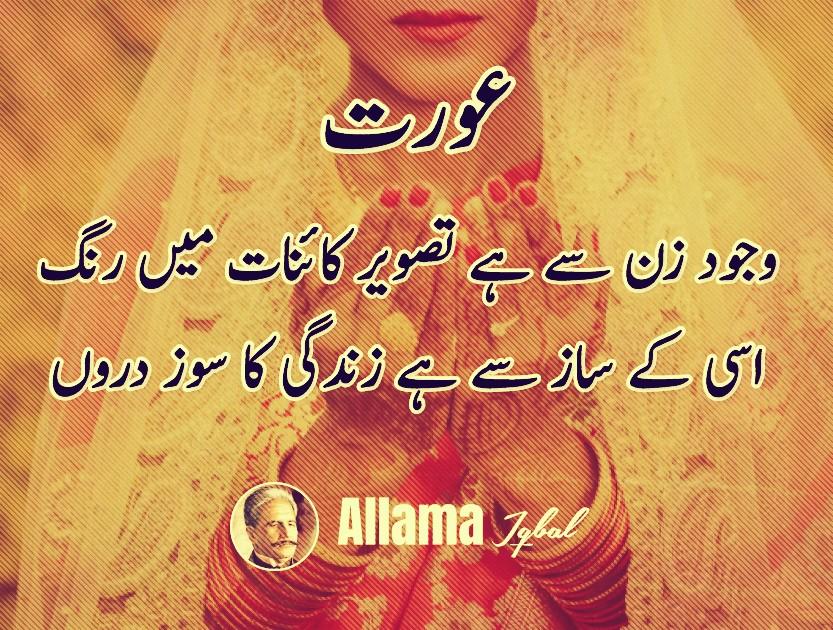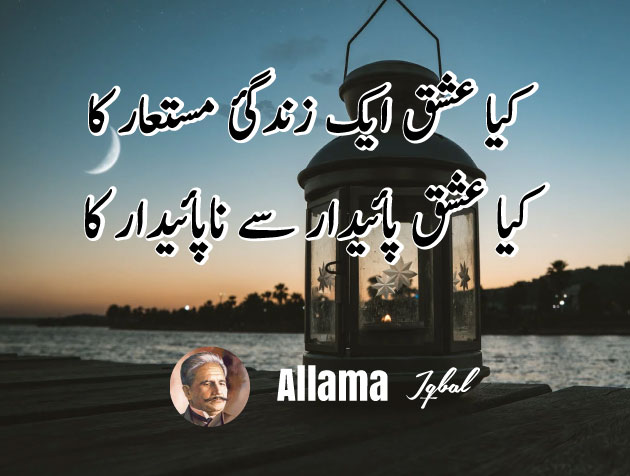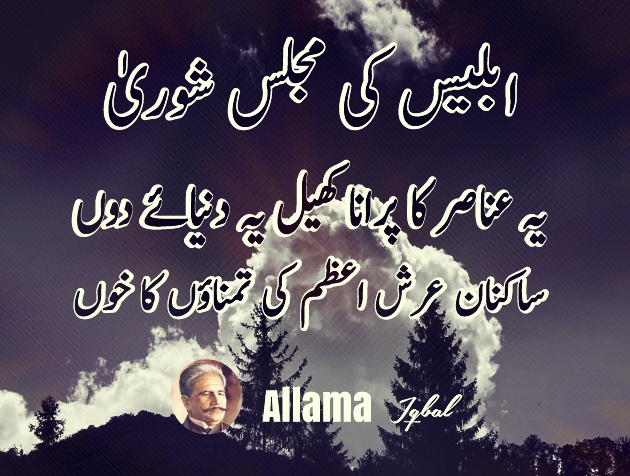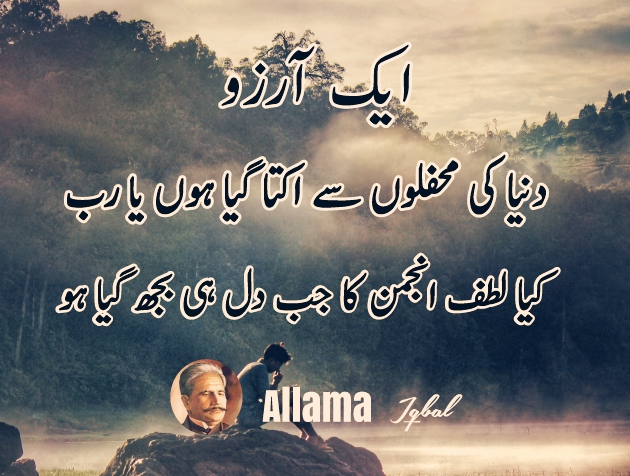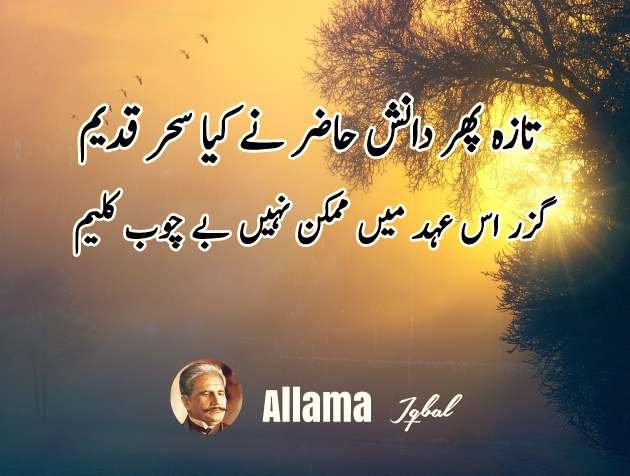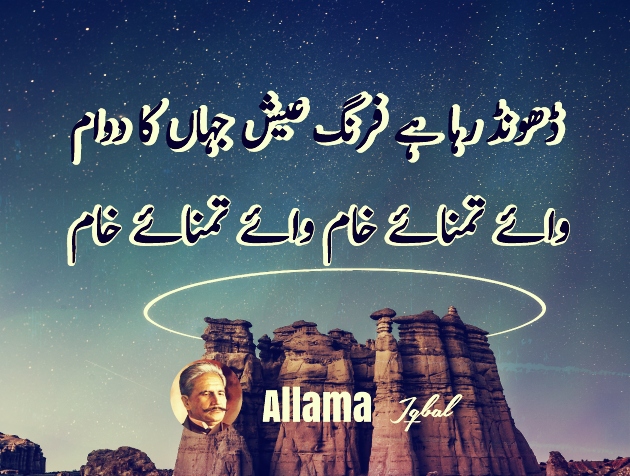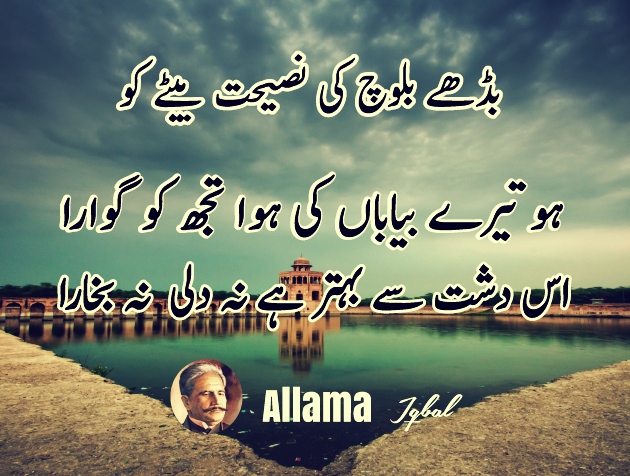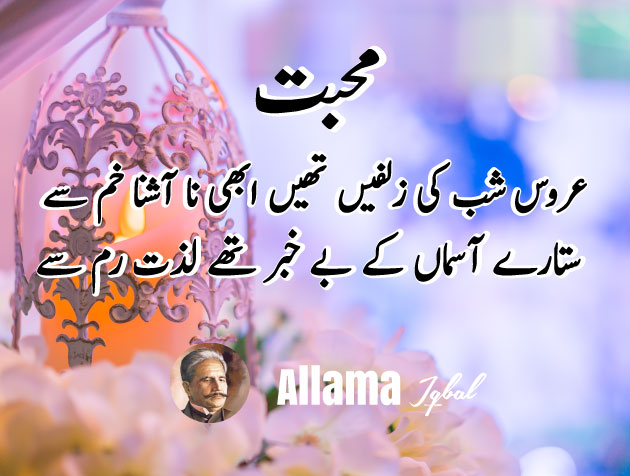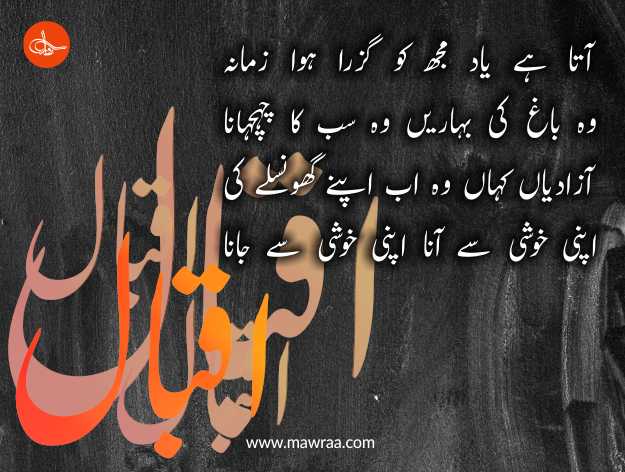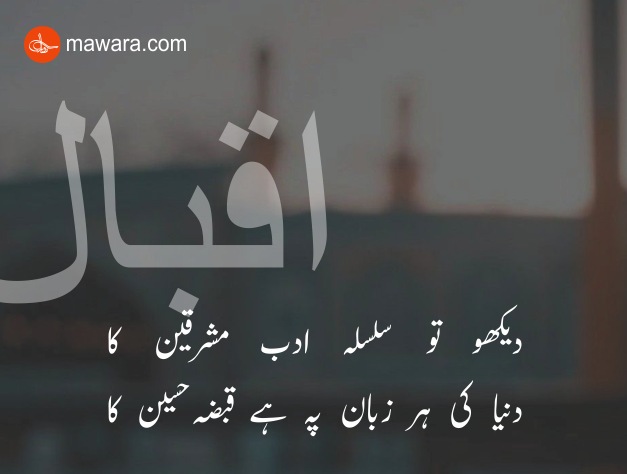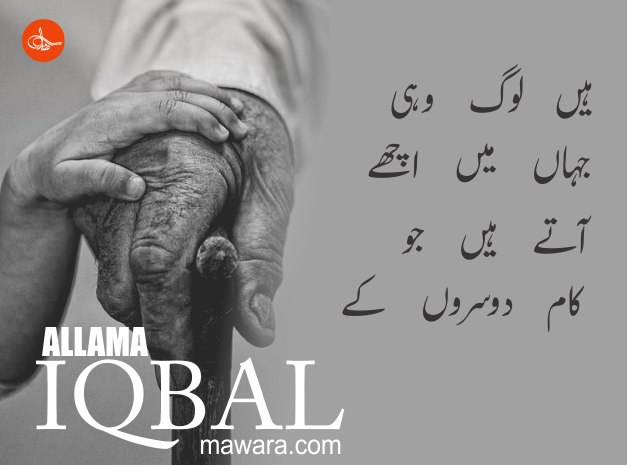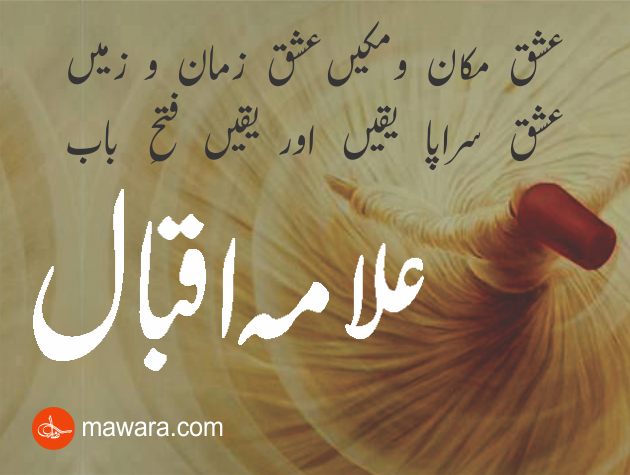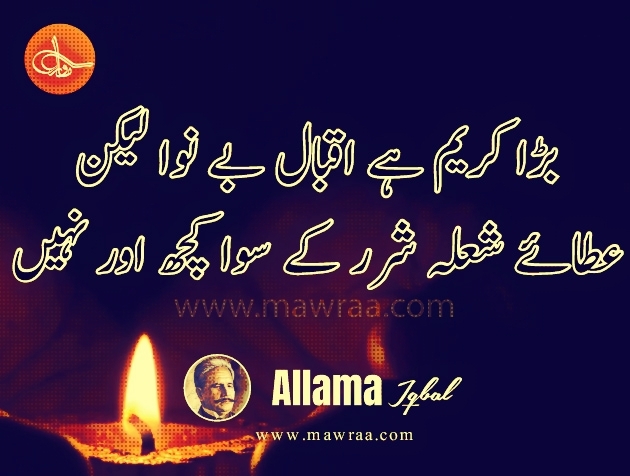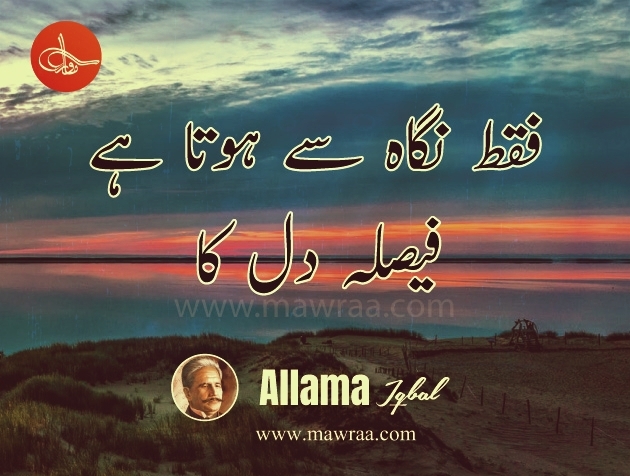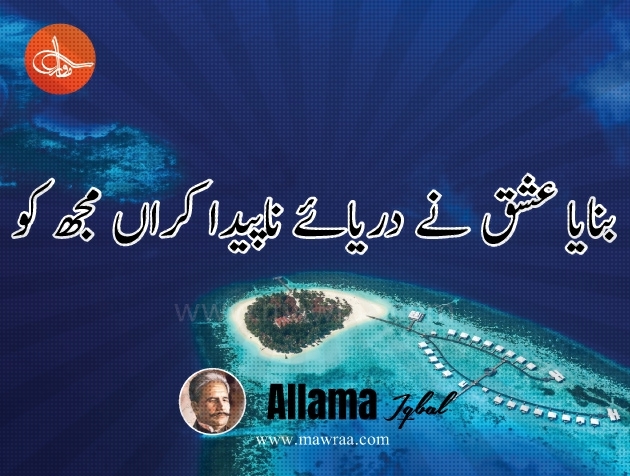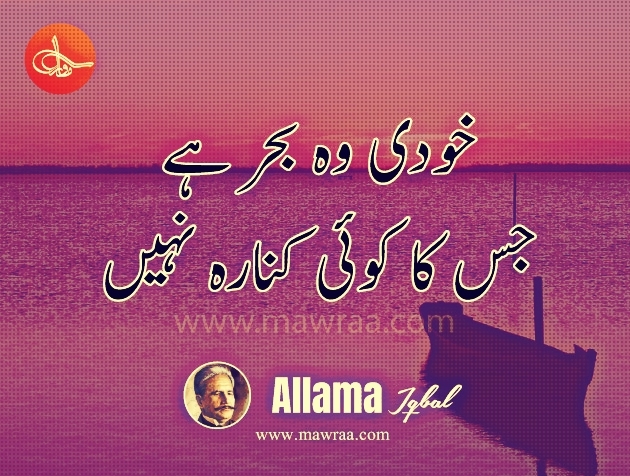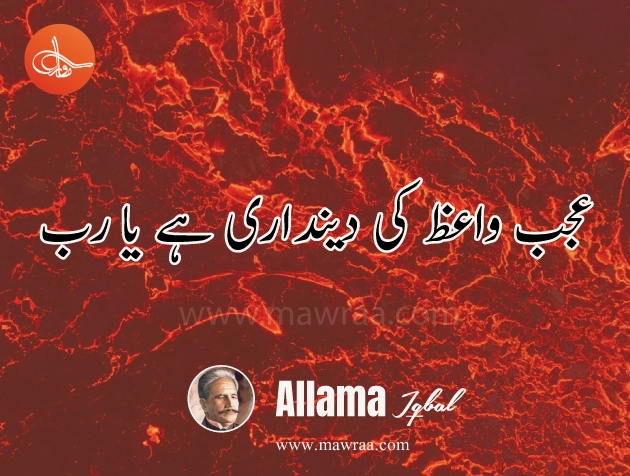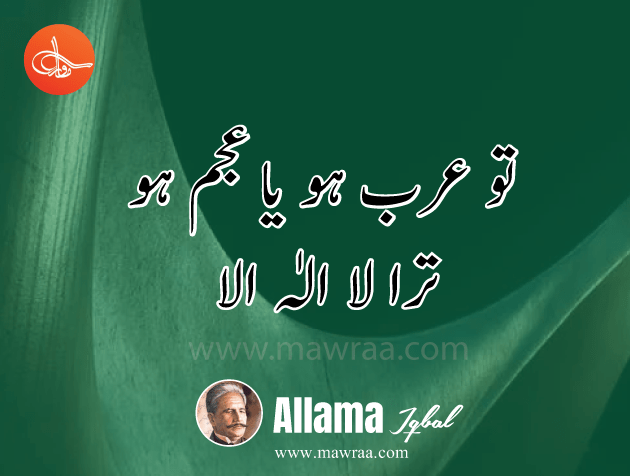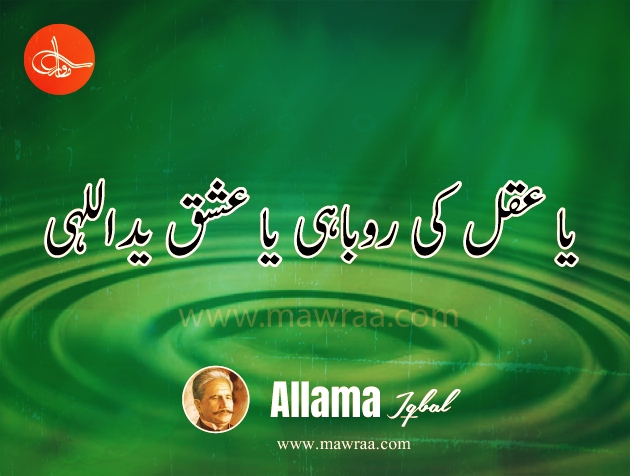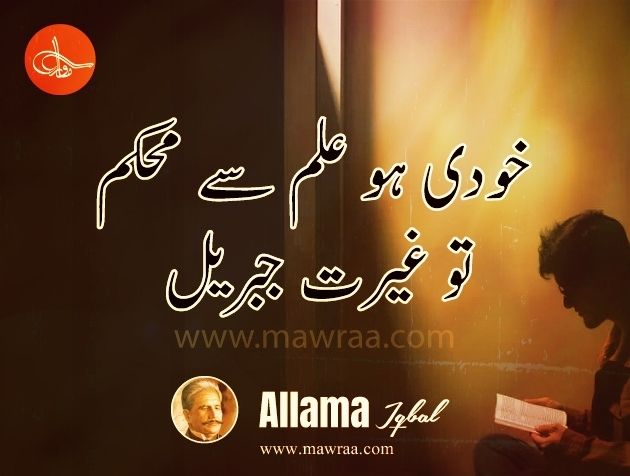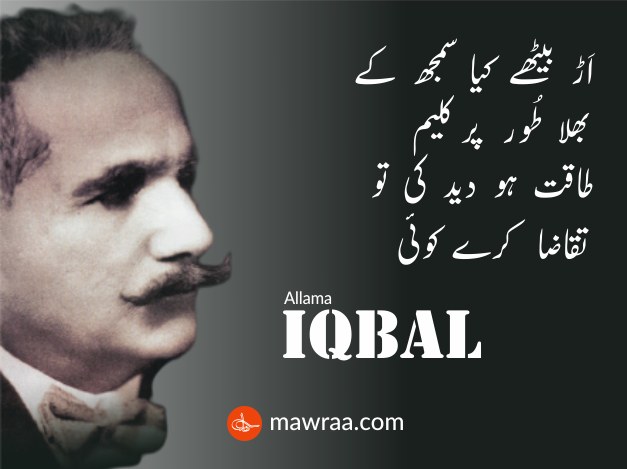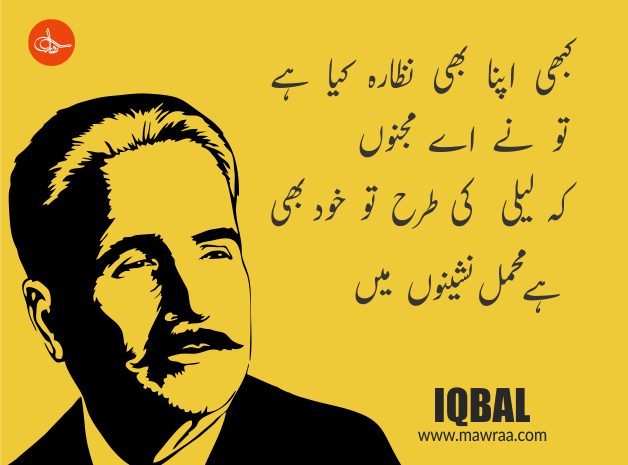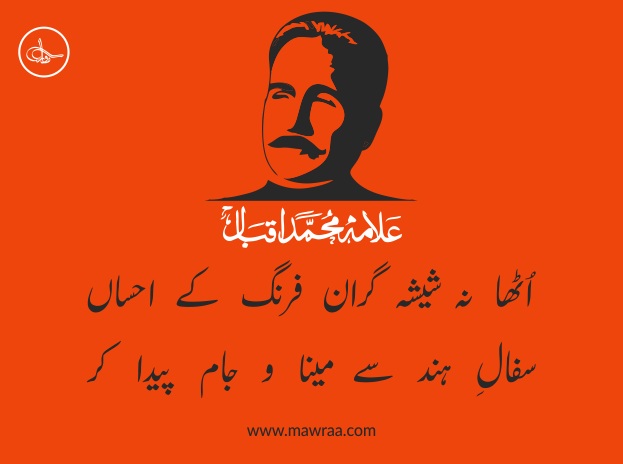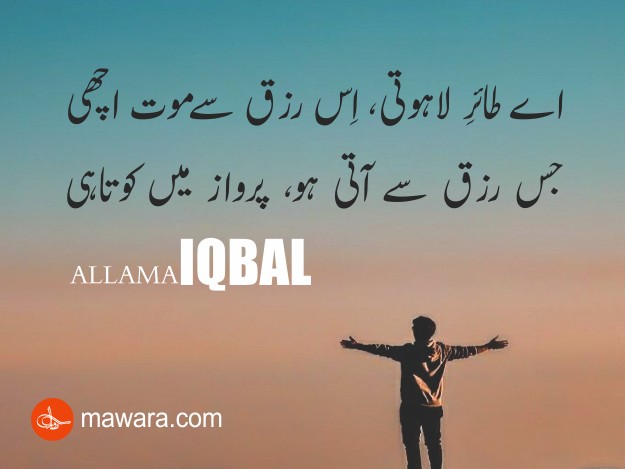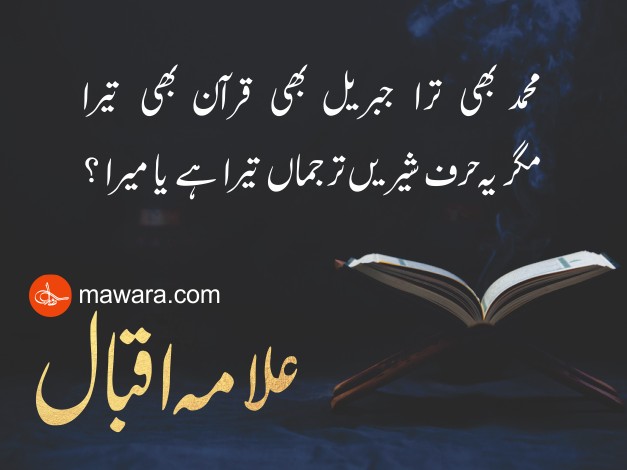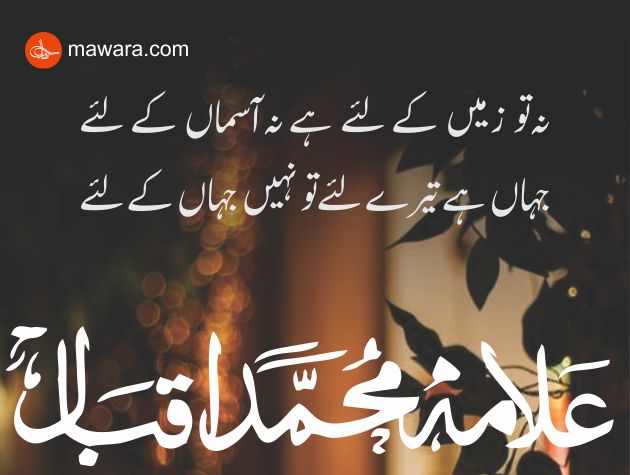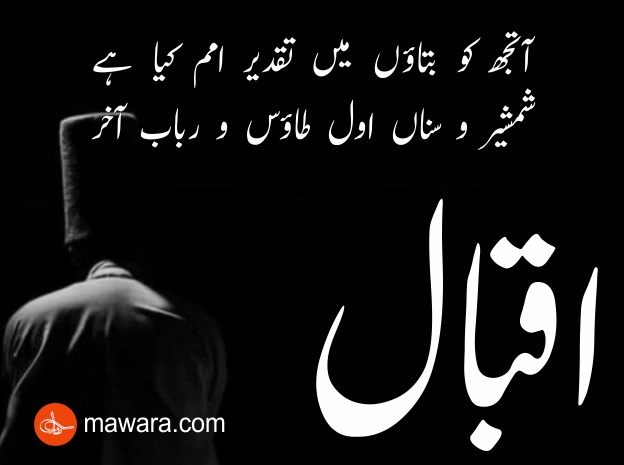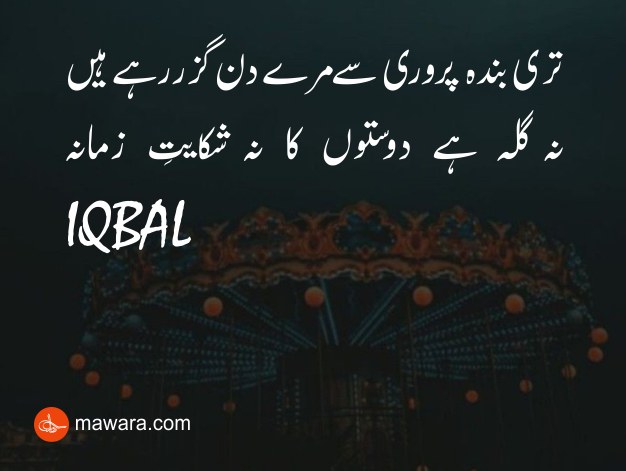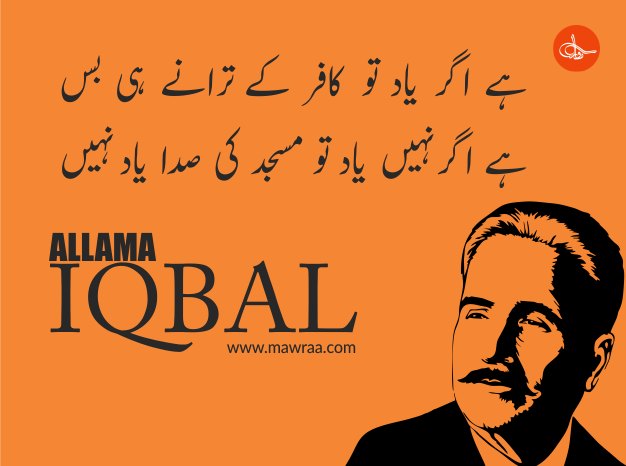Introduction Allama Iqbal
Allama Iqbal was a philosopher, poet, and politician in British India who is widely regarded as one of the most important figures in Urdu literature. He is regarded as one of Pakistan’s national poets and is credited with inspiring the Pakistan Movement. Iqbal, who was born in 1877 in Sialkot, Pakistan, got a traditional Islamic education before moving to the UK and Germany to study philosophy, law, and Arabic. He produced poetry in both Persian and Urdu, examining subjects like the nature of God, spiritual awakening, and humanity’s place in the universe. Iqbal’s theories had a significant influence on the Indian independence movement and still influence Pakistan’s national identity today.
Early Life and Education
Allama Iqbal was born on November 9, 1877, in Sialkot, Punjab, in British India (now Pakistan). Before continuing his education at several universities in the UK and Germany to study philosophy, law, and Arabic, he completed a conventional Islamic education.
Iqbal graduated from Government College Lahore with a philosophy degree in 1905 and then earned a Ph.D. in philosophy from Ludwig Maximilian University of Munich in 1908. Iqbal was strongly inspired by the philosophy of Friedrich Nietzsche, Goethe, and other European thinkers during his sojourn in Europe, and this impact would later define his intellectual and creative achievements.
After completing his education, Iqbal returned to India and began to practice law. He also got active in political activities and the campaign for India’s independence. In addition, he started writing poetry, which would ultimately stand as his most enduring contribution.
A Career In Literature
The literary works of Allama Iqbal are well renowned for fusing traditional Islamic philosophy with modern European concepts. His poetry encompasses everything from political commentary to philosophical reflections, and he penned it in both Persian and Urdu.Iqbal rose to prominence in Urdu poetry after the publication of his debut collection, Asrar-e Khudi (Secrets of the Self), in 1915. The publication of additional collections, such as Kulliyat-e Iqbal (The Collected Works of Iqbal), Zarb-i Kalim (The Reed Finder’s Reed), and Bang-i-Dra (The Call of the Marching Bell), cemented his position as one of the finest poets of his day.
Iqbal’s poetry often explores themes of spiritual awakening, the nature of God, and the role of humanity in the world. His contributions to the revival of Islamic philosophy and cultural identity in India are acknowledged, and his theories are still highly regarded.
Iqbal was not only a poet but a political activist who took part in the Indian independence fight. He was a fervent supporter of Muslims’ rights in India and one of the primary players in the founding of the All-India Muslim League, a political group that would eventually spearhead the movement for Pakistan’s independence.
Throughout his career, Iqbal’s literary and political works were deeply intertwined, and his legacy continues to shape the cultural and political landscape of South Asia to this day.
Famous Works of Allama Iqbal
Allama Iqbal was a prolific poet and writer, and his works are widely regarded as some of the most important in Urdu and Persian literature. Some of his most famous works include:
Asrar-e Khudi (Secrets of the Self): Iqbal’s first collection of poetry, Asrar-e Khudi (Secrets of the Self), which was released in 1915, focuses on themes of self-discovery, the character of God, and humanity’s place in the universe.
Bang-i-Dra (The Call of the Marching Bell): Iqbal’s 1924 collection of poems, Bang-i-Dra (The Call of the Marching Bell), embodies his philosophical views on human nature and spirituality.
Zarb-i Kalim (The Reed Finder’s Reed): The 1936 publication of Zarb-i Kalim (The Reed Finder’s Reed), a collection of poems, focuses on political and social topics, such as the struggle for Indian independence and the plight of Muslims in the nation.
Kulliyat-e Iqbal (The Collected Works of Iqbal): A comprehensive collection of Iqbal’s poems and writings, published posthumously in 1940.
Lab Pe Aati Hai Dua Ban Ke Tamanna Meri (A prayer rises to my lips): One of Iqbal’s most well-known poems is regarded as a hymn of inspiration and hope by many locals.
These works, along with Iqbal’s many other poems and writings, have had a profound impact on Urdu and Persian literature and continue to be widely studied and revered to this day.
Famous Poetry
Allama Iqbal was a prolific poet, and his poems are widely regarded as some of the most important in Urdu and Persian literature. Some of his most famous poems include:
Lab Pe Aati Hai Dua Ban Ke Tamanna Meri (A prayer rises to my lips): One of Iqbal’s most well-known poems is regarded as a hymn of inspiration and hope by many locals.
Tulu-i-Islam (The Rise of Islam): An Islamic revival and the resurgence of the Muslim community are the subjects of the poem Tulu-i-Islam (The Rise of Islam).
Shikwa (Complaint): A poem that addresses the plight of Muslims in India and the need for a Muslim-only state.
Jawab-i Shikwa (The Response to the Complaint): A poem written in response to Shikwa that expresses optimism and hope for the Muslim community’s future.
Bang-i-Dra (The Call of the Marching Bell): A collection of poems that reflects Iqbal’s philosophical musings on spirituality and the human condition.
These poems, along with many others written by Iqbal, continue to be widely read and studied, and they have had a profound impact on Urdu and Persian literature and culture.
Awards and Recognitions
Allama Iqbal was widely recognized during his lifetime and posthumously for his contributions to Urdu and Persian literature. Some of the awards and recognitions he received include:
Presidential Award for Pride of Performance: The highest civilian award for the arts, awarded by the Government of Pakistan.
Iqbal Samman Award: A prestigious award for poets and writers established by the government of Pakistan in memory of Allama Iqbal.
The Allama Iqbal Gold Medal: A gold medal awarded by the Iqbal Academy Pakistan in recognition of contributions to Urdu and Persian literature.
The Iqbal Memorial Award: An award established by the Iqbal Memorial Trust in India to recognize contributions to Urdu literature.
The Allama Iqbal Prize for Poetry: An international poetry award presented by the British Society for Middle Eastern Studies.
These are just a few of the many awards and recognitions Iqbal has received in recognition of his contributions to literature and culture. His legacy continues to shape the cultural and political landscape of South Asia, and his works remain widely studied and revered to this day.
Social and Political Views
Allama Iqbal was a philosopher, poet, and politician who was deeply committed to the cause of Islam and the rights of Muslims in India. His strong religious convictions and his belief in the value of self-expression and self-discovery influenced his opinions on social and political matters. His most notable opinions include the following:
Islam: Iqbal was a devout Muslim who believed in the importance of a strong and vibrant Muslim community. He wrote extensively about the central tenets of Islam and their relevance to the modern world.
Self-expression: Iqbal believed that self-expression was crucial for individual and collective growth, and he encouraged individuals to embrace their unique identities and strive for self-discovery.
Nationalism: Iqbal was a strong advocate for Muslim nationalism and was one of the leading voices calling for the creation of a separate Muslim state in India. He believed that the Muslims of India were a distinct nation with its own unique culture, history, and traditions.
Political and Economic Reforms: Iqbal was deeply concerned about the political and economic condition of Muslims in India, and he called for reforms that would empower Muslims and help them to achieve greater political and economic independence.
His writings and speeches continue to shape the cultural and political landscape of South Asia, and his legacy continues to inspire and influence people to this day.
Later Life and Death
Iqbal’s later life was marked by his political activism, as he became increasingly involved in the independence movement of India. He was a strong advocate of the establishment of Pakistan, a separate Muslim nation. In addition, he held the position of president of the All-India Muslim League, a political organization that was crucial in the development of Pakistan.
At the age of 60, Iqbal passed away in 1938 from pneumonia. He is regarded as one of the finest poets and intellectuals in the history of the Indian subcontinent despite leading a relatively brief life and leaving a lasting impact. His poems, which frequently addressed themes of liberation, self-discovery, and spirituality, are still read and honored widely in Pakistan and throughout the Muslim world.
Conclusion
The philosopher and poet Allama Muhammad Iqbal is most known for having a significant impact on the formation of the state of Pakistan. A generation of Muslims in British India was influenced by his views and works, which are being read and studied today.
Iqbal’s philosophy, which blended ideas from Islam, Hinduism, and European existentialism, placed a strong emphasis on self-awareness and accountability. He held that it was everyone’s responsibility to work for intellectual and spiritual development and that doing so is essential to the emergence of a sound and vibrant society.
Iqbal’s contribution to the intellectual and political environment of the Indian subcontinent is what will be remembered of him as a philosopher and poet. Many people still find inspiration in his thoughts and writings, especially in Pakistan, where he is revered as one of history’s finest poets and thinkers.


